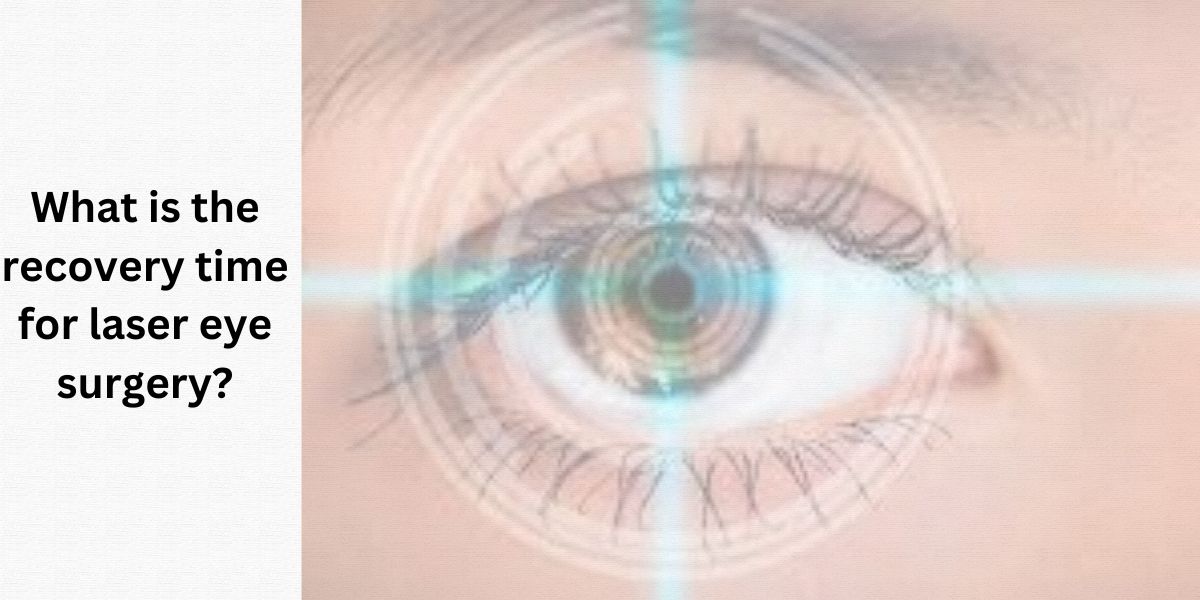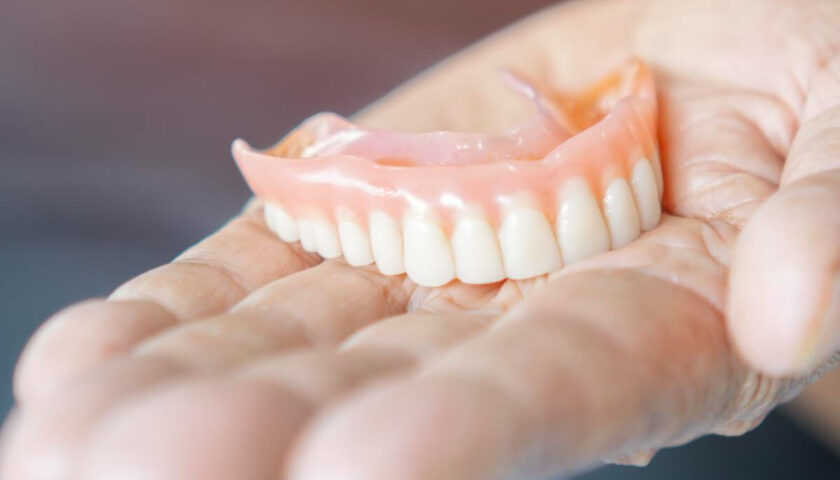For individuals considering laser eye surgery, understanding the recovery process is essential for planning and preparing for the procedure. Laser eye surgery, also known as LASIK or laser-assisted in situ keratomileusis, is a popular refractive surgery procedure that corrects vision problems such as nearsightedness, farsightedness, and astigmatism. Recovery from laser eye surgery typically begins immediately after the procedure. Patients may experience blurred vision, mild discomfort, and a feeling of dryness in the eyes. These symptoms usually improve within a few hours to a couple of days. It’s important to rest and avoid strenuous activities during this initial period to aid the healing process.
In the first few days following surgery, patients are advised to avoid rubbing their eyes and to use prescribed eye drops to prevent infection and manage dryness. Many patients notice significant improvements in their vision within 24 to 48 hours, though full stabilization of vision can take several weeks. Over the next few weeks and months, regular follow-up appointments with the ophthalmologist are crucial to monitor healing and address any concerns. By the end of the recovery period, most patients achieve their desired vision correction, enjoying a life free from the dependence on glasses or contact lenses.
Immediate Post-Operative Recovery
Following laser eye surgery, patients typically experience some degree of discomfort and temporary side effects as their eyes begin to heal. Understanding what to expect during the immediate post-operative period can help patients manage their expectations and ensure a smooth recovery process.
Discomfort and Sensitivity
It is common for patients to experience mild discomfort, burning, or itching in the eyes immediately after laser eye surgery. These sensations typically subside within a few hours to a few days and can be managed with over-the-counter pain relievers and lubricating eye drops. The use of prescribed eye drops to prevent infection and promote healing is also crucial during this period.
Blurred Vision
Blurred vision is also common in the immediate aftermath of laser eye surgery as the cornea heals and adjusts to its new shape. Patients may experience fluctuations in vision clarity during the first few days or weeks following the procedure, but vision usually stabilizes within a few weeks. It’s important for patients to avoid activities that strain the eyes, such as reading or screen time, during the initial recovery period.
Light Sensitivity
Many patients experience increased sensitivity to light, glare, and halos around lights following laser eye surgery. This sensitivity usually diminishes as the eyes heal, but patients may need to wear sunglasses or avoid bright lights during the initial recovery period. It’s also advisable to refrain from driving at night until the sensitivity and visual disturbances have subsided.
Follow-Up Care
Regular follow-up appointments with the ophthalmologist are essential to monitor the healing process and ensure there are no complications. These visits help in making any necessary adjustments to the post-operative care routine and in addressing any concerns the patient may have.
By understanding these immediate post-operative experiences, patients can better prepare for the recovery process, leading to a smoother and more comfortable healing period. Following the surgeon’s instructions and attending all follow-up appointments are key steps in achieving the best possible outcome from laser eye surgery.
Weeks Following Surgery
As the weeks pass following laser eye surgery, patients typically experience continued improvement in their vision and a reduction in post-operative symptoms. However, it is essential to follow post-operative care instructions carefully and attend all follow-up appointments to ensure optimal healing and outcomes.
Gradual Improvement
Vision continues to improve gradually in the weeks following laser eye surgery as the cornea heals and stabilizes. Patients may notice clearer vision and a reduction in dependence on corrective lenses as their eyes adjust to their new refractive state.
Follow-Up Appointments
Regular follow-up appointments with the eye surgeon are essential during the weeks following laser eye surgery to monitor healing progress and address any concerns or complications. These appointments allow the surgeon to assess vision quality, corneal healing, and intraocular pressure and make any necessary adjustments to the treatment plan.
Resuming Normal Activities
Most patients can resume normal activities, including driving and returning to work, within a few days to a week following laser eye surgery. However, it is essential to avoid strenuous activities, rubbing or touching the eyes, and swimming or hot tubs until cleared by the eye surgeon.
Long-Term Recovery and Stabilization
While the immediate post-operative recovery period for laser eye surgery is relatively short, it may take several weeks to months for vision to fully stabilize and for patients to experience the full benefits of the procedure. Long-term recovery and stabilization are essential considerations for patients undergoing laser eye surgery.
Vision Stabilization
Vision typically continues to improve and stabilize in the months following laser eye surgery as the eyes fully heal and adjust to their new refractive state. Patients may notice gradual improvements in clarity, sharpness, and contrast sensitivity over time.
Adhering to Post-Operative Care Guidelines
Following post-operative care guidelines provided by the eye surgeon is crucial for ensuring optimal long-term recovery and outcomes. Patients should continue using prescribed eye drops, attend follow-up appointments, and avoid activities that could potentially compromise healing.
Monitoring for Complications
While complications are rare, patients should remain vigilant for any signs of infection, inflammation, or other complications following laser eye surgery. Contacting the eye surgeon immediately if any concerns arise can help prevent potential problems and ensure prompt treatment.
Dr-Qasim Best Eye Specialist in Dubai: Your Partner in Laser Eye Surgery
For individuals seeking expert laser Eye Specialists in Dubai, Dr-Qasim is a leading eye specialist offering comprehensive care and advanced treatment options.
Expertise and Experience
With years of experience in ophthalmology and refractive surgery, Dr-Qasim is a trusted expert in laser eye surgery and other vision correction procedures. He combines state-of-the-art technology with personalized care to achieve optimal outcomes for his patients.
Customized Treatment Plans
Dr-Qasim takes a personalized approach to laser eye surgery, carefully assessing each patient’s unique needs, goals, and vision prescription to develop customized treatment plans. He provides thorough pre-operative evaluations and comprehensive post-operative care to ensure the best possible results.
Contact Us Today
If you’re considering laser eye surgery in Dubai, contact Dr-Qasim’s clinic today to schedule a consultation. With Dr-Qasim’s expertise and personalized care, you can enjoy clearer vision and improved quality of life with confidence.




